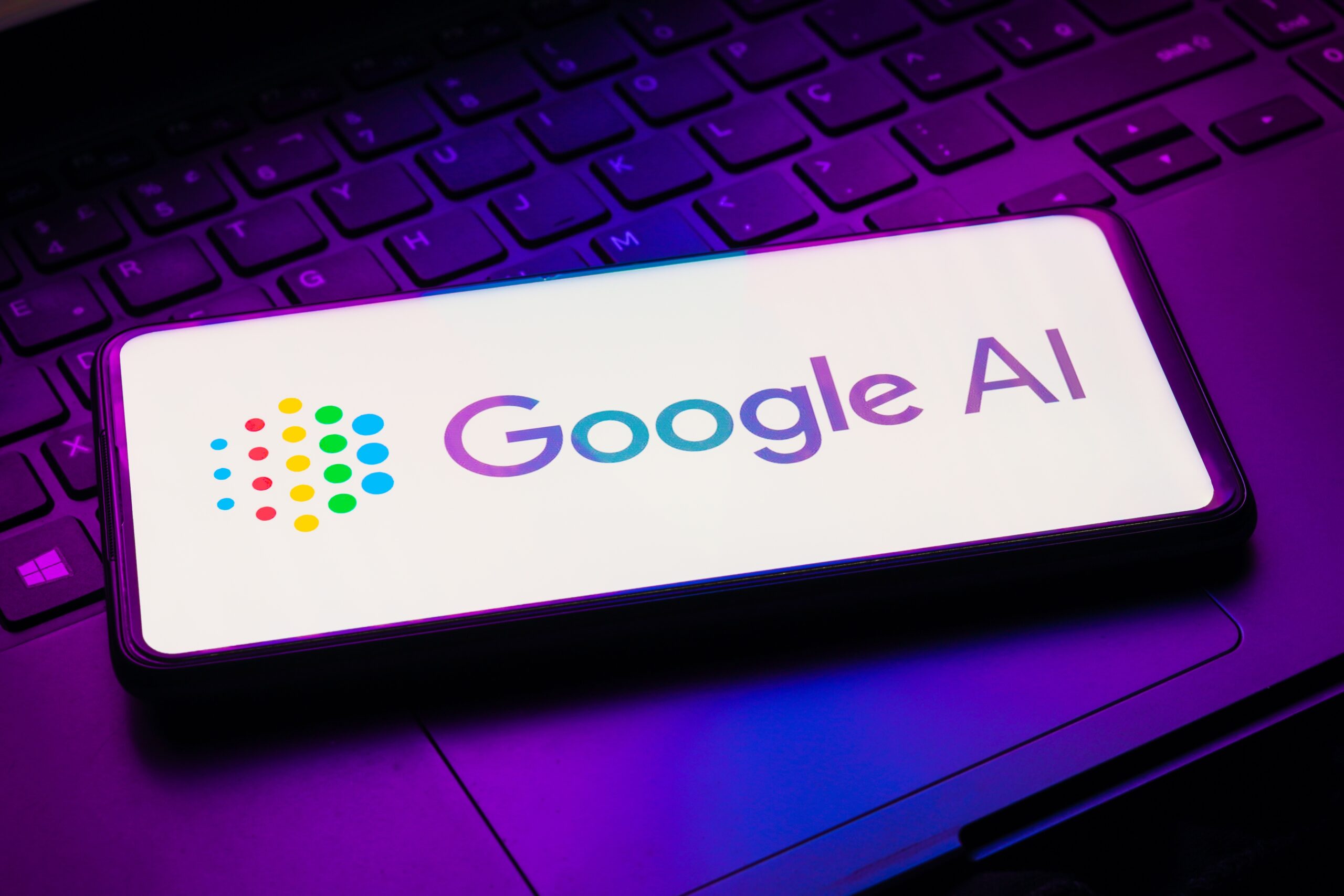Key Insights:
- Google introduces AI Overviews in the US, providing summarized search results alongside traditional links for quicker, more efficient information access.
- Project Astra and Veo unveil new dimensions in AI technology, pushing boundaries in voice assistance and AI-generated video content.
- AI advancements spark debates in creative industries, raising concerns about the future of filmmaking and content creation in the face of evolving technology.
Google has recently announced the deployment of AI-generated summaries for search queries within the United States, marking an evolution in the way search results are presented. During its annual I/O developer conference in California, the tech giant revealed that these summaries, dubbed “AI Overviews,” have been tested both in the UK and the US and will now be a regular feature for American users. This initiative uses the Gemini AI model to generate concise summaries that appear above traditional search results, providing quick, synthesized responses to user queries.
The integration of Gemini’s technology means that users will first see an AI-generated summary, which links to additional content, including web pages. This is particularly useful for complex inquiries, such as finding local services with specific criteria, where the system collates and condenses information from multiple sources. Google’s approach aims to reduce the effort users must make to find relevant information, enhancing user experience by prioritizing efficiency and comprehensiveness.
Expansion of AI Capabilities
Alongside AI Overviews, Google has also showcased further advancements in AI technology with the introduction of Project Astra and the AI video generator Veo. Project Astra, which is still under development, is designed as a sophisticated AI assistant capable of performing tasks like identifying locations through a smartphone camera, understanding and explaining code, and generating creative content.
Demonstrated in a video preview, the tool illustrated its potential by recognizing landscapes and reading code, signaling Google’s ambition to integrate AI more deeply into everyday tech interactions.
Moreover, the Veo model represents Google’s foray into text-to-video AI, enabling the creation of videos from textual prompts. This model competes directly with OpenAI’s Sora and positions Google as a key player in the rapidly advancing field of generative AI media. Notably, the presence of celebrated actor and filmmaker Donald Glover at the demonstration underscores the broadening impact of AI on creative industries, with implications for traditional roles and content production.
Response and Future Rollout
The announcement of these AI-driven features has been met with a plan for widespread implementation. Google’s Liz Reid, head of Google Search, stated that AI Overviews will be accessible to over a billion people by the end of the year. This gradual rollout will begin in the US before expanding to other markets, reflecting Google’s strategic approach to integrating AI into its core services globally.
Google’s updates have also highlighted a commitment to enhancing existing models and services. A new iteration of the Gemini model, termed 1.5 Flash, promises faster processing times, and the company’s image-generator model has seen updates aimed at reducing biases and improving output quality. These advancements demonstrate Google’s ongoing effort to refine and improve its AI technologies in response to user feedback and ethical considerations.
Industry and Labor Considerations
While these technological advancements promise enhanced efficiencies and new capabilities, they also raise questions about the broader impact on the labor market, particularly in creative industries. The introduction of AI like Veo, capable of generating realistic video content from simple descriptions, has sparked discussions around the future role of human creators and potential shifts in content production dynamics.
The entertainment industry’s response, including concerns from unions and individual creators about the use of AI in production, underscores the tension between technological innovation and traditional employment and creative processes. As AI technology continues to evolve, these discussions are likely to become more prominent, with industry stakeholders seeking to navigate the challenges and opportunities presented by AI integration.
At Tokenhell, we help over 5,000 crypto companies amplify their content reach—and you can join them! For inquiries, reach out to us at info@tokenhell.com. Please remember, cryptocurrencies are highly volatile assets. Always conduct thorough research before making any investment decisions. Some content on this website, including posts under Crypto Cable, Sponsored Articles, and Press Releases, is provided by guest contributors or paid sponsors. The views expressed in these posts do not necessarily represent the opinions of Tokenhell. We are not responsible for the accuracy, quality, or reliability of any third-party content, advertisements, products, or banners featured on this site. For more details, please review our full terms and conditions / disclaimer.
